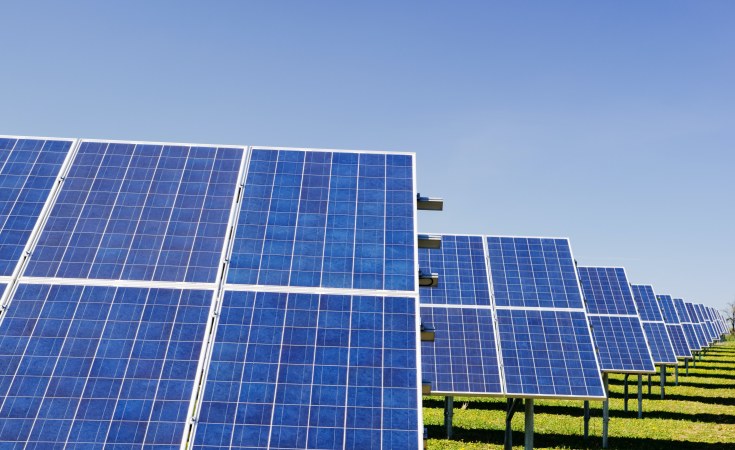Abuja — The United Arab Emirates Minister of Climate Change and Environment, Mariam Almheiri, has said phasing out fossil fuels would hurt countries that either depend on them for revenue or cannot easily replace hydrocarbons with renewable energy sources.
Nigeria and some selected African countries which produce hydrocarbons have been under immense pressure to dump the natural resources and embrace cleaner sources of fuels.
But the minister said that she favours phasing out fossil fuel emissions using capture and storage technology while ramping up renewable energy, saying this strategy allows countries to fight global warming while continuing to produce oil, gas and coal, Al-Jazeera reported.
"The renewable space is advancing and accelerating extremely fast, but we are nowhere near to be able to say that we can switch off fossil fuels and solely depend on clean and renewable energy," Almheiri said on the sidelines of a climate conference in Washington, DC.
"We are now in a transition, and this transition needs to be just and pragmatic because not all countries have the resources," she added.
The comments reflect deep divisions among nations over how to combat the growing danger from climate change ahead of UN negotiations, known as COP28, to be held in Dubai from November 30 to December 12.
Some wealthy Western governments and climate-afflicted island nations have been pushing for a phase-out of fossil fuels while resource-rich countries have campaigned to keep drilling.
This month, the Group of Seven countries with the largest and longest developed economies agreed to hasten their phase-out of fossil fuel consumption although they did not set a firm date.
Almheiri pointed to the UAE's example of relying on new carbon capture technology and renewables to decrease the emissions intensity of the OPEC member's oil and gas operations.
Some experts have said capture technology is unproven at scale and could require huge investment at the expense of cheaper alternatives, such as solar and wind power.


